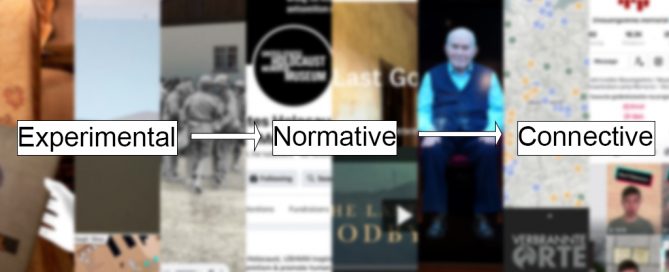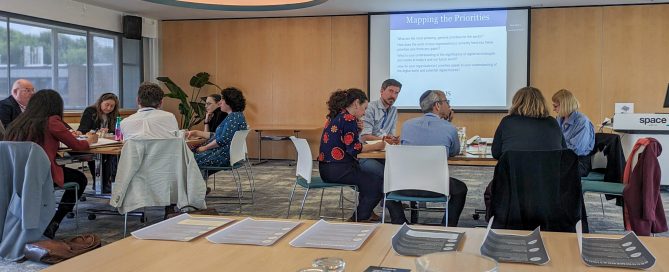Artificial Intelligence, Artificial Literacies: Is the English classroom the place to develop AI literacies?
Published in Teaching English (For NATE members only) The English classroom is in danger of finding itself the dumping ground where any in vogue notion of ‘literacies’ is to be addressed. However, talk of AI literacies raises particular challenges for subject specialists, indeed also for those with media studies backgrounds, for whom AI extends far beyond the corpus covered in traditional training in (digital) media. What does it mean to be AI literate? As Steve Connolly (Chair of the MEA) and Mark Readman argue ‘literacies’ is a term used as a ‘shibboleth’, suggesting some kind of deficit in society which education is called upon to address. For example, ‘financial literature’, ‘computer literacy’, etc. It has become much detached from being literate in reading and writing. Although, in media studies, ideas about language and grammar have made their way into the study of non-print media such as film. Nevertheless, AI poses a particular problem for us: ‘the transparent opaqueness’ by which it operates. Simone Natale uses this term to emphasise that at the interface AI systems seem transparent because they are often based on a familiar chat-based structure: I ask a question, it answers. Nevertheless, the complexities of the programming behind [...]







